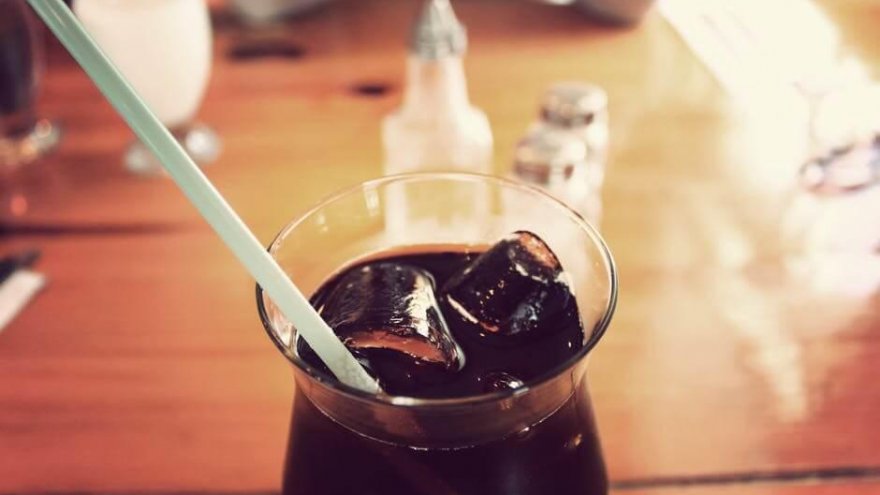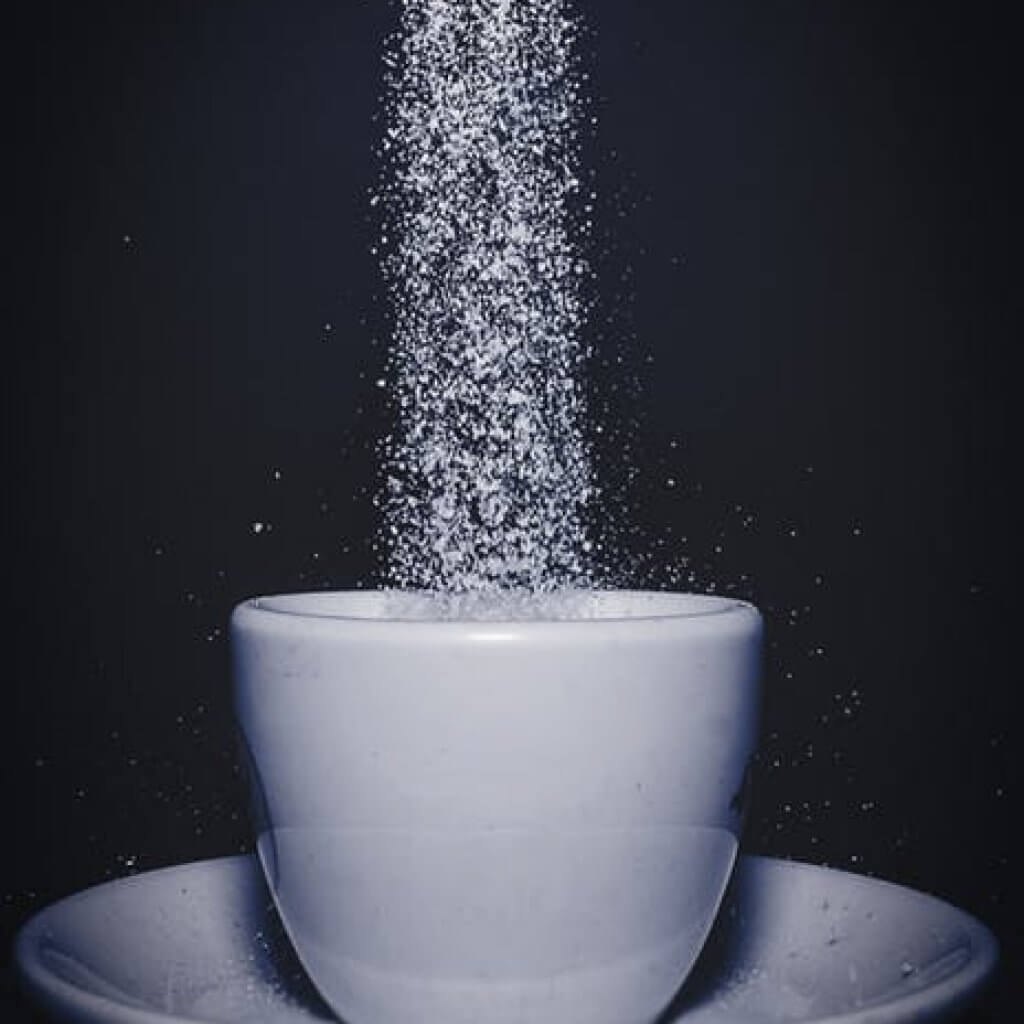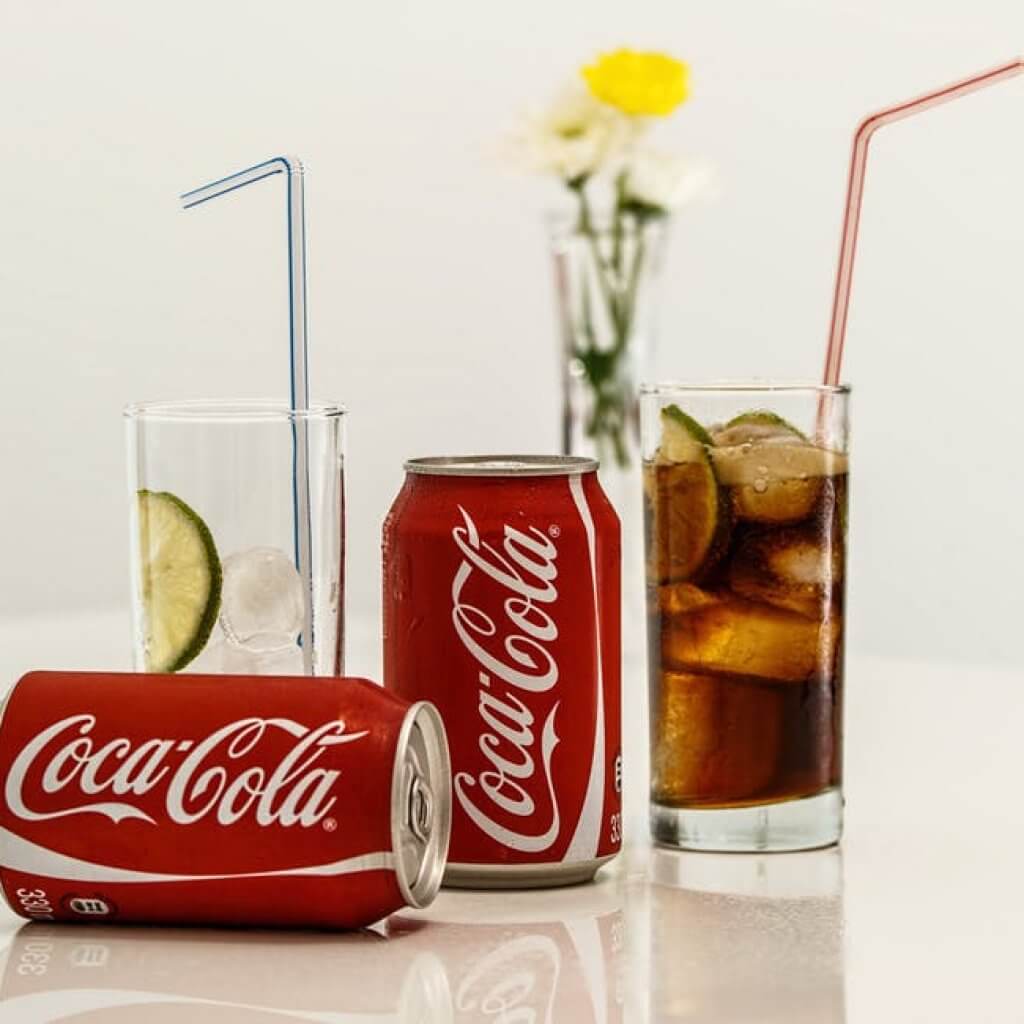The Effects of Soda on Runners

Some call it soda. Some call it pop. Whatever name I attach to it, I can also call it something I overused for a long time and have since cut out of my diet—and it was such a good decision! Seriously, try it!
It’s not surprising that the choice was a positive one considering how much of a negative impact pop (mind if I call it pop?) can have on a person’s physical well-being. But how do those impacting qualities specifically damage expectations and experiences in regard to running? Is drinking pop that bad for a runner?
Well, if ultra marathons serve it at aid stations…
Doing so would make sense! Particularly when you’re at a later point in your run and your energy is down, the ingredients in a Coca-Cola can provide a jolt of energy to propel you to the finish of the run since carbs in soda are quickly absorbed into the bloodstream and thus, giving you a quick dose of energy. For those moments when you’re tired, but you have a bit more running to do, few things come to mind that can give an ultra runner a better nudge across the finish line. For this purpose, by all means, grab a Coca-Cola as sugars and caffeine can give you the boost you need.
You need to know when to drink it…
Notice that I mentioned earlier that Coca-Cola is a good way to get that final push in your ultra marathon and never claimed it to be a good tactic to maintain a steady stream of energy throughout the whole run. The reason for that differentiation is that the boost you get from Coca-Cola is a passing thing. Once the rush wears off, your blood sugar drops and you feel tired once again. Anyone who’s run a marathon shouldn’t need to be told that the process is plenty sufficient to create tiredness all on its own, which is why you’d need a last-minute boost in the first place. You don’t necessarily need to drink something before or early on that will doom you to an earlier or more dramatic level of tired!

Also, pop is not as efficient of a hydration method as water or even sports drinks because it doesn’t have the same health value that they do, and every time you take a drink of pop, you’ve decided not to take a drink of one of those better beverages. Not only is this a trade-off that’s not the greatest in advantages, it also comes with its own complication because carbon dioxide can cause gas and make you feel bloated. Essentially, drinking pop too early can leave you tired, bloated, and tight—three things that can impair your run when you could be drinking something that can better prepare you to run from the get-go. For those reasons, don’t drink that Coke until later in the marathon!
When you’re not running…
So, what happens when you have no marathon scheduled for the day, and you just want to drink a pop with your meal? Is that a bad thing?
Not necessarily. With a number of other things that are not-so-healthy for you, eating or drinking them in moderate amounts means they’re nowhere near as hazardous to your health as they would’ve been had you overdone things. A cupcake, for instance, probably won’t cause major weight gain, but if you eat a dozen a day, you might gain considerably and quickly. Just the same, one pop every once in a while has limited opportunity to cause health problems for you.

But keep in mind that among the possible drinks available, pop has one of the lowest numbers of health benefits for its drinker. Sure, it’s a liquid, which is something you need to survive. And, yes, that energy boost can come in handy in certain situations. Beyond those factors though, the advantages of drinking pop are few to none in contrast to the wide range of health issues that can be brought on by extended use. These complications can include kidney problems, heart problems, gout, dementia, and diabetes. Will you get diabetes from drinking a pop on occasion? Doubtful! But continued, consistent use does increase the odds for these ailments, which could be seen as too severe of a consequence for a taste you like or a convenient energy boost.
One other physical health consideration from pop is that it also increases the odds of obesity with its high-calorie quality. While people, of course, can still run if they’re medically overweight, the extra pounds could make the process harder to push through, and the gain could negate any weight-management goal that was intended to be reached through running. Again then, pop’s general effects can take a toll on the process in ways that you might want to avoid.
It’s a mental game, too…
Not only can the physical effects from pop impact your run, but the psychological ones can as well. In addition to pop’s ability to create a sense of tiredness after the end of the sugar rush, it’s been linked to depression, and both of these factors can be heavy things to carry with you for your run if you’re only doing so because you can’t bring yourself to give up pop as a too-often drink. For this reason, scaling back your pop intake can prove a good strategy for the sake of being in a good mental state as often as possible when you lace up those running shoes.

The message here is that if you’re going to drink pop, do so in moderation—like when you need those energy boosts—to avoid higher risks of its potential health consequences. With more consistent consumption, the mental and physical risks and complications are significant for runners—and people in general. So while it might be a hard habit to kick, at least think of reeling it in!
Latest Articles
 Is Running on a Treadmill Easier Than Running Outside?Runners have their own preferences, whether it is treadmill running, running outside on the road, or exploring trails. So...
Is Running on a Treadmill Easier Than Running Outside?Runners have their own preferences, whether it is treadmill running, running outside on the road, or exploring trails. So... Is It OK to Use Trail Running Shoes on the Road?While trail running shoes can be used on roads, especially in situations where a runner encounters mixed terrains or pref...
Is It OK to Use Trail Running Shoes on the Road?While trail running shoes can be used on roads, especially in situations where a runner encounters mixed terrains or pref... How to Fix Sore Quads After Running?Rest, ice, gentle stretching, and over-the-counter pain relievers can help soothe sore quads after running. Also, ensure ...
How to Fix Sore Quads After Running?Rest, ice, gentle stretching, and over-the-counter pain relievers can help soothe sore quads after running. Also, ensure ... 10 Fruits With The Most Electrolytes to Replace Sports DrinksThese fruits are high in electrolytes such as potassium, magnesium, and calcium, essential for hydration, muscle function...
10 Fruits With The Most Electrolytes to Replace Sports DrinksThese fruits are high in electrolytes such as potassium, magnesium, and calcium, essential for hydration, muscle function...


